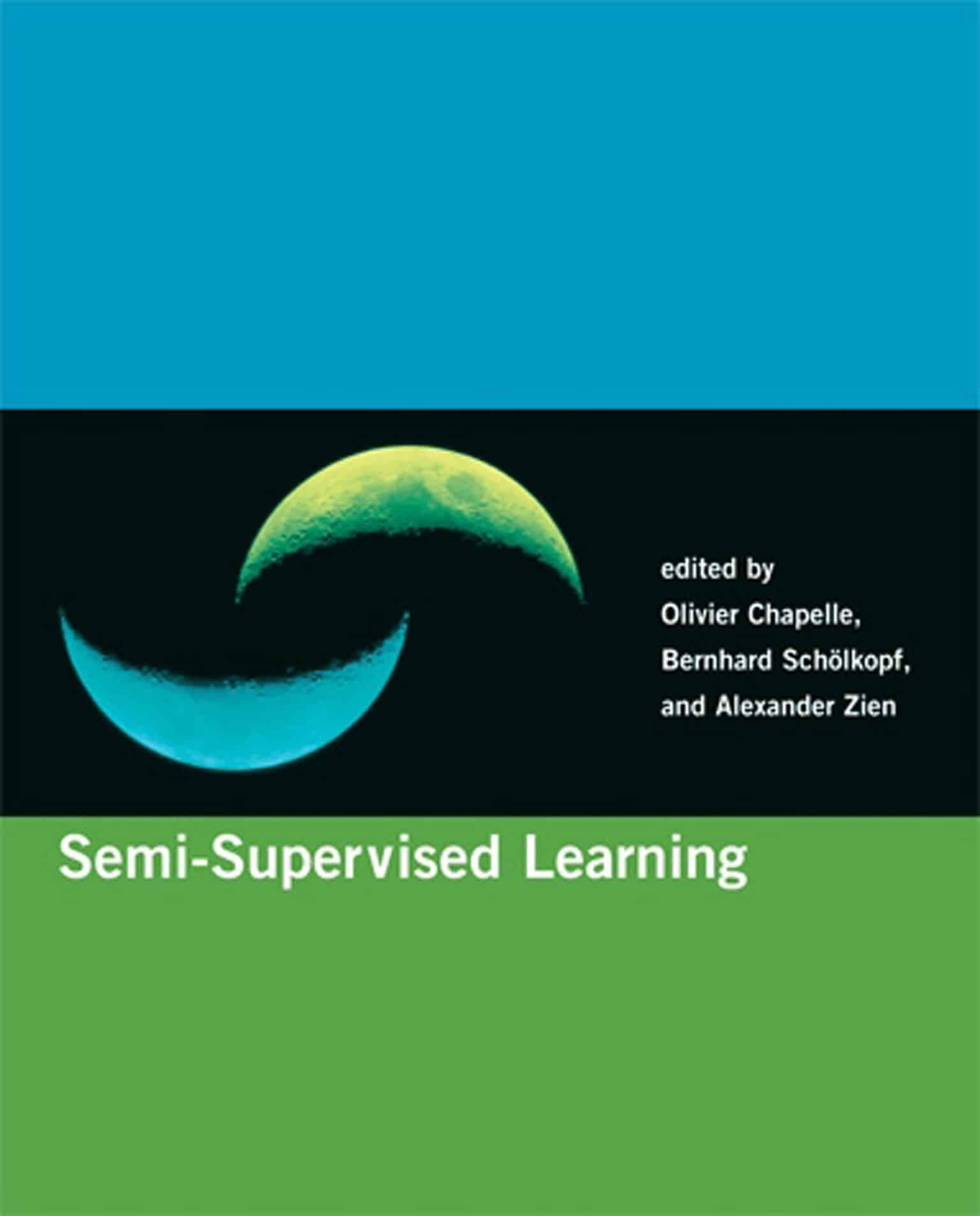Semi-Supervised Learning
33.00 JOD
Please allow 2 – 5 weeks for delivery of this item
Add to Gift RegistryDescription
A comprehensive review of an area of machine learning that deals with the use of unlabeled data in classification problems: state-of-the-art algorithms, a taxonomy of the field, applications, benchmark experiments, and directions for future research.In the field of machine learning, semi-supervised learning (SSL) occupies the middle ground, between supervised learning (in which all training examples are labeled) and unsupervised learning (in which no label data are given). Interest in SSL has increased in recent years, particularly because of application domains in which unlabeled data are plentiful, such as images, text, and bioinformatics. This first comprehensive overview of SSL presents state-of-the-art algorithms, a taxonomy of the field, selected applications, benchmark experiments, and perspectives on ongoing and future research.Semi-Supervised Learning first presents the key assumptions and ideas underlying the field: smoothness, cluster or low-density separation, manifold structure, and transduction. The core of the book is the presentation of SSL methods, organized according to algorithmic strategies. After an examination of generative models, the book describes algorithms that implement the low-density separation assumption, graph-based methods, and algorithms that perform two-step learning. The book then discusses SSL applications and offers guidelines for SSL practitioners by analyzing the results of extensive benchmark experiments. Finally, the book looks at interesting directions for SSL research. The book closes with a discussion of the relationship between semi-supervised learning and transduction.
Additional information
| Weight | 1.07 kg |
|---|---|
| Dimensions | 2.7 × 20.66 × 25.4 cm |
| PubliCanadation City/Country | USA |
| Author(s) | |
| Format | |
| language1 | |
| Pages | 524 |
| Publisher | |
| Year Published | 2010-1-22 |
| Imprint | |
| ISBN 10 | 0262514125 |
| About The Author | Olivier Chapelle is Senior Research Scientist in Machine Learning at Yahoo.Bernhard Schölkopf is Director at the Max Planck Institute for Intelligent Systems in Tübingen, Germany. He is coauthor of Learning with Kernels (2002) and is a coeditor of Advances in Kernel Methods: Support Vector Learning (1998), Advances in Large-Margin Classifiers (2000), and Kernel Methods in Computational Biology (2004), all published by the MIT Press.Alexander Zien is Senior Analyst in Bioinformatics at LIFE Biosystems GmbH, Heidelberg. |
In summary, reading this book is a delightful journey through semi-supervised learning.—Hsun-Hsien Chang, Computing Reviews— |
|
| series |
Only logged in customers who have purchased this product may leave a review.






Reviews
There are no reviews yet.